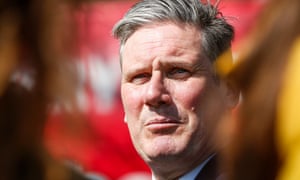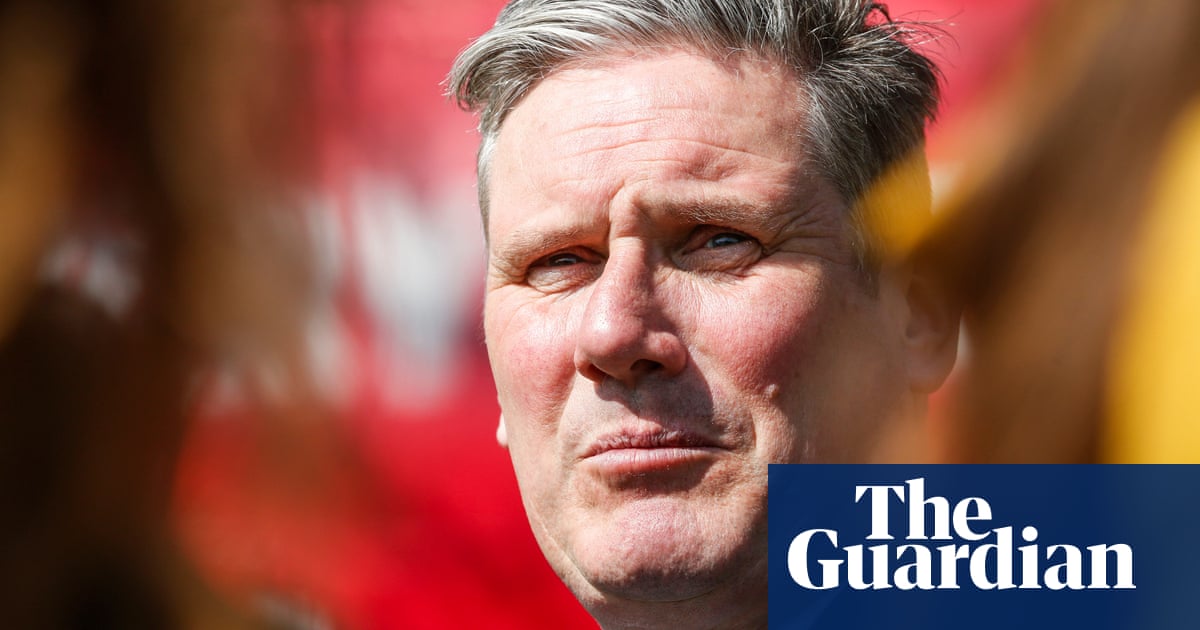In late 2021, Labour party members were still licking their wounds after a byelection defeat in Hartlepool, and Keir Starmer was at something of a crossroads in his leadership. He needed something big and bold that would excite his party and get the attention of voters. He was under pressure to match the ambition of President Biden’s Green New Deal. So Labour made a significant pledge: to spend £28bn a year as part of a major strategic investment package to shift the economy towards its commitment to net zero emissions by 2050.
As the Guardian political correspondent Kiran Stacey tells Michael Safi, the plan was always a bit vague. The £28bn figure was not assigned to specific spending pledges, but its symbolic value was welcomed by environmentalists as the first serious step towards matching Britain’s green commitments. It did not take long, though, for the attacks to begin. And when Liz Truss as Tory leader sent the cost of borrowing skywards, the debate within Labour about the feasibility of its £28bn plan intensified. Yesterday, Labour formally dropped it.
The Guardian’s environment editor, Fiona Harvey, explains why Labour may have spotted a short-term political fix by dropping the pledge, but is storing up bigger problems for itself if it does not maintain a focus on green investment at the level that Britain’s international commitments require.

Photograph: Murdo MacLeod/The Guardian
Support The Guardian
The Guardian is editorially independent.
And we want to keep our journalism open and accessible to all.
But we increasingly need our readers to fund our work.

